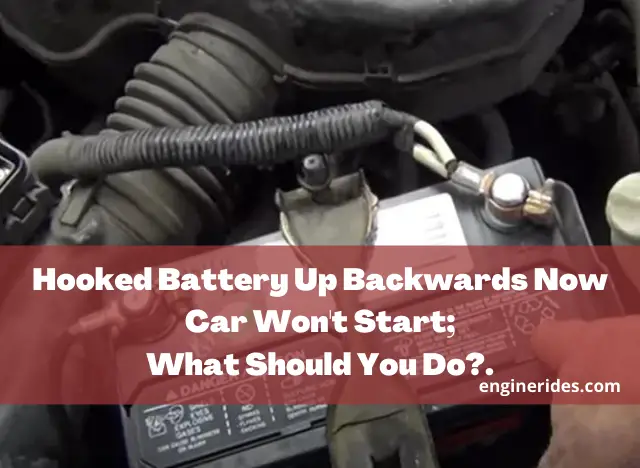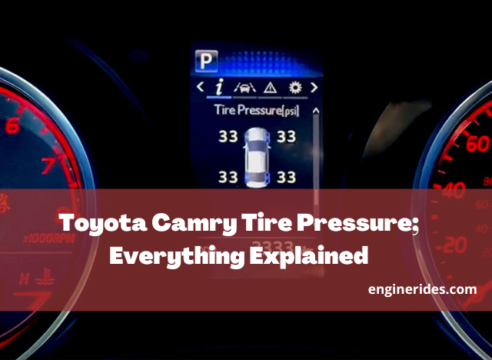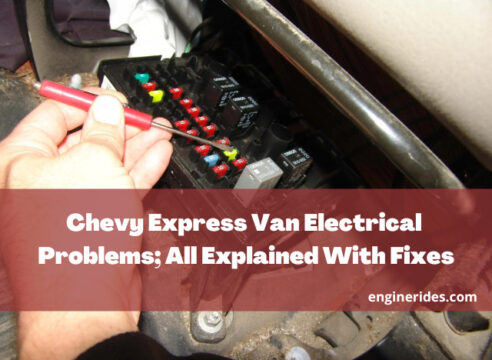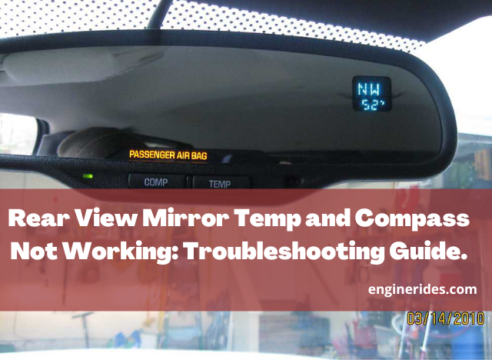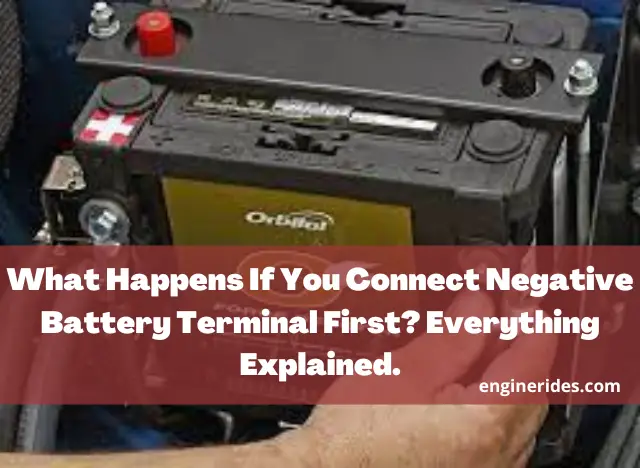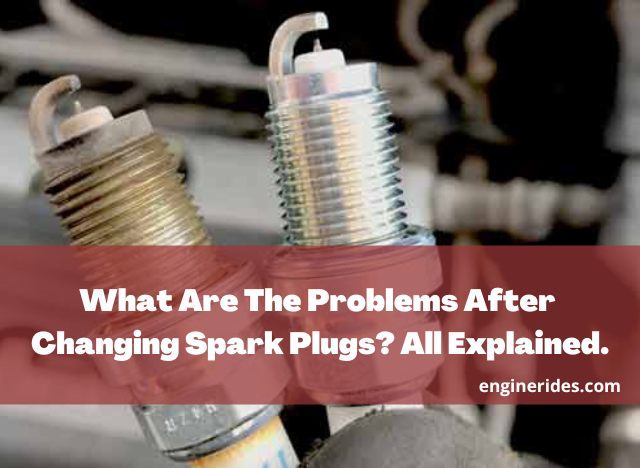Hooked Battery Up Backwards Now Car Won’t Start; What Should You Do?
Did you hook the battery up backward, and now the car won’t start? messing around looking for a solution? No worries, we have a fix.
This common mistake can lead to various electrical problems in a vehicle. We will discuss the potential damages, diagnostic steps, repair options, and preventative measures.
The focus will be on understanding and resolving the issue effectively, ensuring your vehicle’s electrical system remains healthy.
Table of Contents
What Happens When a Battery is Connected Backwards?
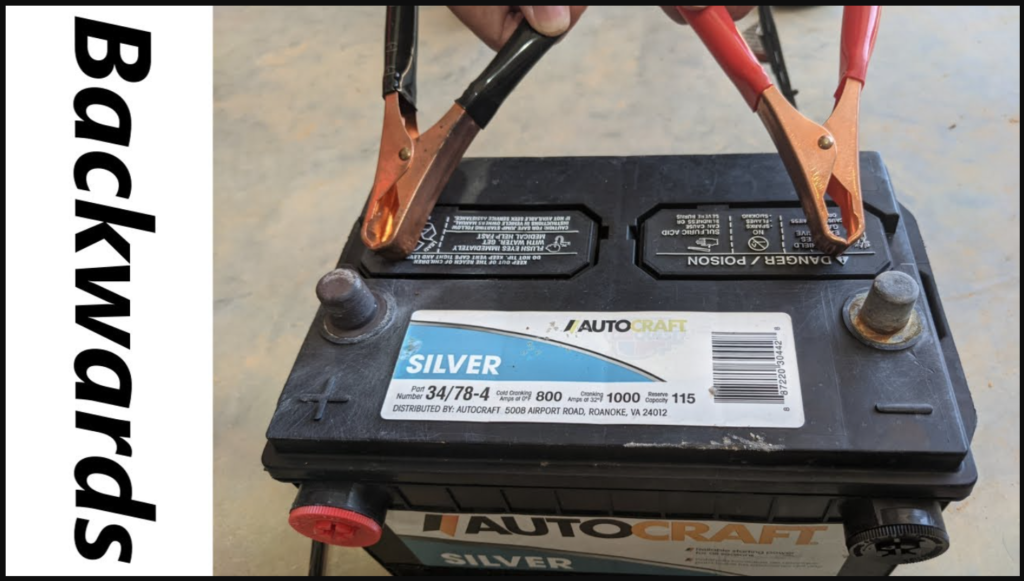
Connecting a battery backwards in a car can cause significant electrical issues. This mistake leads to reverse polarity, which means that electrical current flows in the opposite direction than it’s supposed to.
Modern cars are equipped with numerous electronic components and sensitive circuits. When these components receive current in the wrong direction, even for a brief moment, it can cause immediate damage.
The severity of the damage can vary. In the best-case scenario, only the battery suffers harm, but typically, reverse polarity can blow fuses, damage the car’s electronic control unit (ECU), and harm other critical electrical components. This is why the car may not start after such an incident.
How Do I Diagnose the Problem?
If your car won’t start after accidentally connecting the battery backwards, the first step is to assess the damage.
Why Does My Starter Keep Going Out? All You Need To Know
ENGINERIDES.COM
01. Begin by disconnecting the battery correctly. Inspect the battery for any visible damage, such as leaks or bulges.
02. Then, check the fuses. Blown fuses are often the first indicator of reverse polarity damage. They’re designed to protect the electrical system by breaking the circuit when there’s an overload, so they’re likely to be affected.
03. The next step is to check the car’s ECU, as it’s particularly sensitive to reverse polarity. This may require professional assistance, as diagnosing ECU damage often involves specialized equipment. If the ECU is damaged, it might need to be replaced or reprogrammed.
What Parts of the Car Are Most at Risk?
When a battery is hooked up backwards, several parts of the car are at risk. The most vulnerable include the ECU, alternator, and other electronic modules. The ECU is the car’s brain, controlling a multitude of functions, from engine operation to the fuel injection system. Damage to the ECU can result in significant and varied problems.
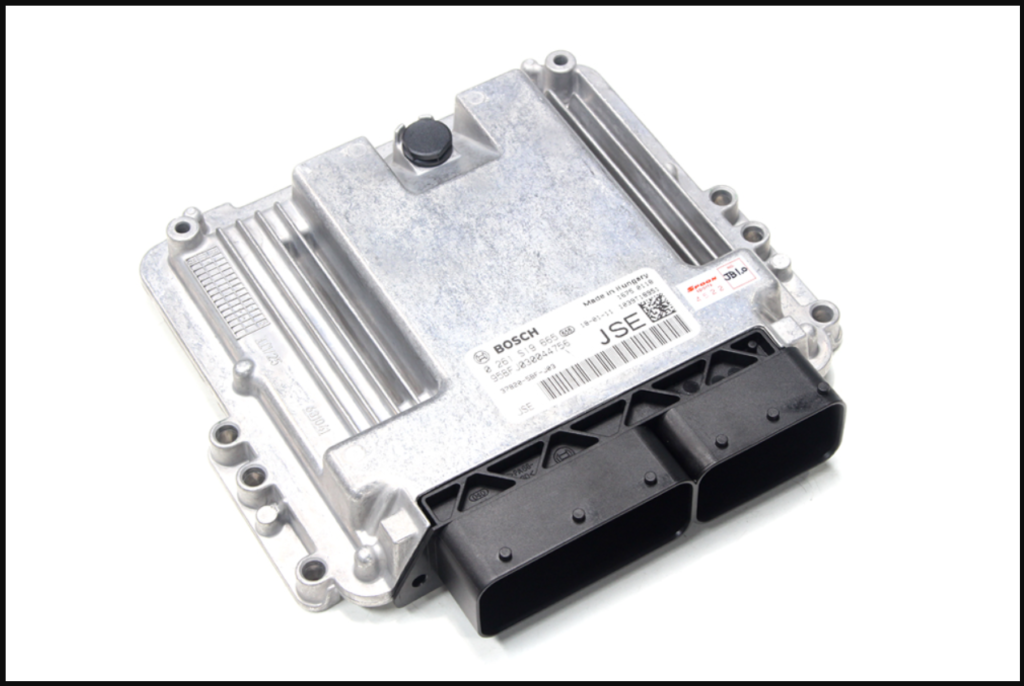
The alternator, which charges the battery while the car is running, can also be damaged due to reverse polarity. Additionally, other electronic modules related to safety systems, entertainment, and navigation may be affected. Modern cars often have complex electrical systems, so the range of damage can be extensive.
Can This Damage Be Repaired?
Repairing damage caused by hooking up a battery backwards depends on the extent of the damage. In some cases, replacing blown fuses may be enough to resolve the issue. However, if the damage is more severe, such as to the ECU or alternator, repairs can be more complex and costly.
If the ECU is damaged, it may require reprogramming or replacement. This is usually a job for professionals, as it involves both technical know-how and specific tools. The alternator and other electronic components might also need replacement. It’s important to get a comprehensive diagnostic from a trusted mechanic to understand the full extent of the damage.
How Can I Prevent This in the Future?
Preventing the issue of hooking up a battery backwards is primarily about attentiveness and knowledge. Always double-check which terminal is positive (usually marked with a plus sign or red color) and which is negative (marked with a minus sign or black color). Make sure to connect the positive terminal first, followed by the negative.
If you’re unsure about how to properly install a battery, it’s wise to consult the vehicle’s manual or seek professional help. Some batteries also come with color-coded terminals or labels to guide you. Being cautious and taking the time to confirm you’re connecting the battery correctly can save you from a lot of potential trouble.
Chevy Express Van Electrical Problems; All Explained With Fixes
ENGINERIDES.COM
What happens if I put the wrong battery in my car?
Using the incorrect battery in your car can lead to significant electrical issues. If the battery’s specifications, particularly its size and power output, are not compatible with your vehicle’s requirements, it can cause fluctuations in the electrical current. This inconsistency can damage the alternator’s regulator, a critical component that maintains the electrical system’s stability.
As a result, there’s an increased risk of damaging sensitive electronics in your car, such as the stereo system and other onboard electronic devices. These damages can lead to costly repairs and potentially compromise the vehicle’s overall functionality and safety.
Conclusion
Accidentally hooking up a car battery backwards can lead to a range of electrical problems, making the car unable to start. Understanding what components are at risk, how to diagnose the issue, and the steps to repair the damage are crucial in resolving this problem. Taking preventive measures to avoid such mistakes is key to maintaining your car’s electrical health.
Some Related FAQs
1. Can a car battery explode if hooked up backwards?
While rare, reverse polarity can lead to a short circuit, which in extreme cases, might cause the battery to overheat or explode.
2. Will my car insurance cover the damage caused by hooking up the battery incorrectly?
This depends on your insurance policy. Accidental damage might be covered under some comprehensive plans, but it’s best to check with your insurer.
3. Can I test the ECU myself to see if it’s damaged?
Testing an ECU typically requires specialized diagnostic tools and expertise, so it’s advisable to seek professional help.
4. Are older cars less susceptible to damage from reverse polarity?
Older cars with fewer electronic components might suffer less severe damage, but they are still at risk, especially their electrical systems.
5. How long does it take to repair a car after this kind of electrical damage?
The repair time can vary greatly depending on the extent of the damage. Simple fuse replacements might take a few hours, while more extensive repairs like ECU replacement can take days.

